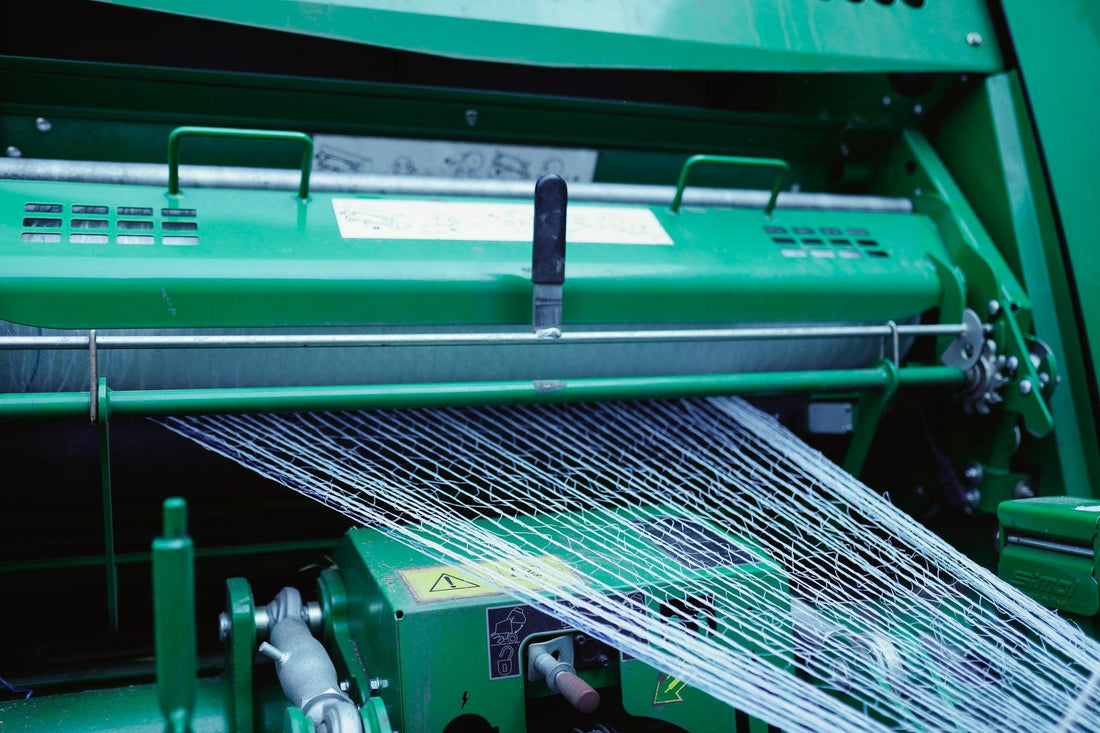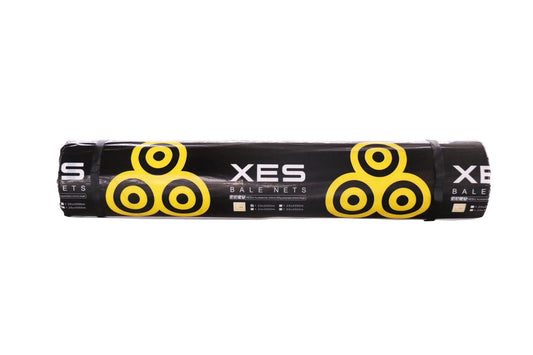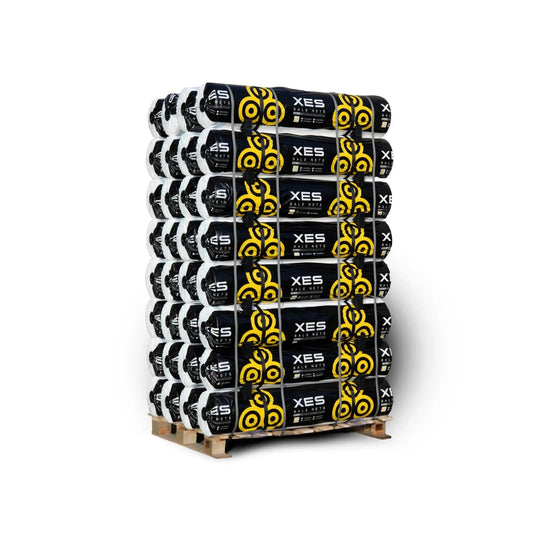Introduction
There are several factors to choose a large round baler. The type of baler, its chamber design, size, and optional features will impact the quality and efficiency of your baling operations.
1. Types of Large Round Balers
Early Round Balers: Ground Roll vs. Distinct Chamber
Early round balers were often of the "ground roll" type, which rolled hay directly on the ground. Ground roll balers produced less dense bales with irregular surfaces and higher field loss. These bales did not weather well and typically lacked twine wrapping.
2. Modern Large Round Balers
Distinct Bale Chambers
Most current large round balers have a distinct bale chamber within the machine. This chamber can be either fixed or variable, each with its advantages.
Variable Chamber Balers
Variable chamber balers use flat belts or chains with slats to contain the bale from formation to completion. They produce relatively dense bales with uniform density from the center out.
Fixed Chamber Balers
In fixed chamber balers, hay rolls within the chamber until it fills up. These bales tend to have a softer core and are confined by belts, chains, rollers, or drums.
3. Chamber Loss and Maintenance
Variable chamber balers with belts have fewer chamber losses compared to fixed chamber balers with rollers. However, rollers may require less maintenance than belts or chains.
4. Size Matters
Large round balers come in various sizes, ranging from small balers that produce 4 ft wide by 4 ft diameter bales to the largest ones capable of making bales nearly 8 ft wide by 6 ft in diameter. Bale weights vary from 500 to 2,500 lbs, depending on the type and species of forage being baled (e.g., grass vs. legume, 1st vs. 2nd cutting). Variable chamber balers can produce uniform density bales in any diameter up to full size, while fixed chamber balers require reaching full size for maximum density.
5. Optional Features
Modern large round balers offer various options, including twine tie, automatic twine wrap, and bale monitor systems. Twine tie is available on almost all balers, and automatic twine wrap speeds up the process. Bale monitor systems guide operators across windrows for uniformly-shaped bales. Some balers even eject the bale and close the tailgate without backing up the baler.
6. Storage Considerations
When selecting bale wrapping system options, consider your storage needs. Think about indoor vs. outdoor storage, covered vs. uncovered, and the majority of your large bales.
Conclusion
Choosing the right large round baler for your farm involves assessing your specific requirements, such as bale density, chamber type, size, and optional features. By carefully considering these factors, you can make an informed decision that enhances the efficiency and productivity of your baling operations.



